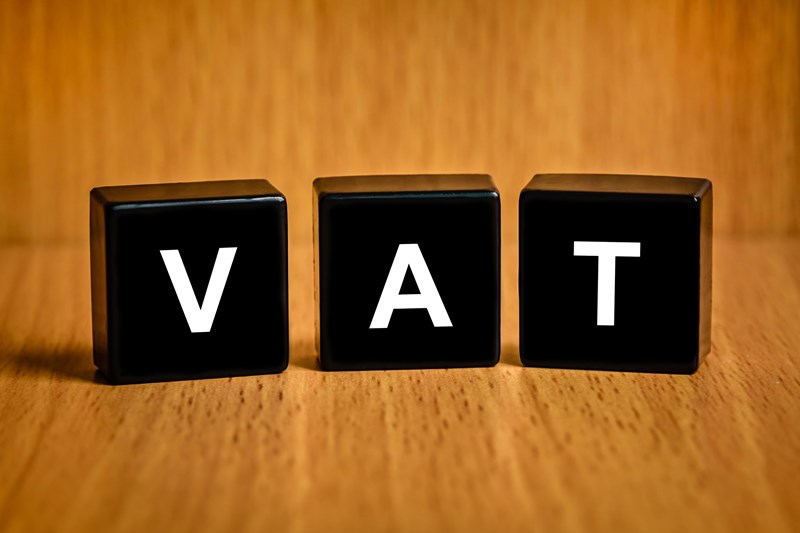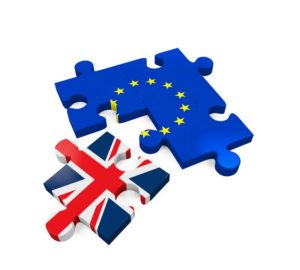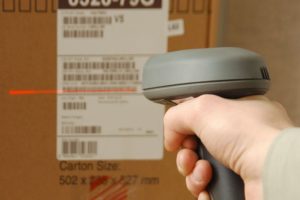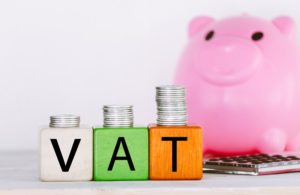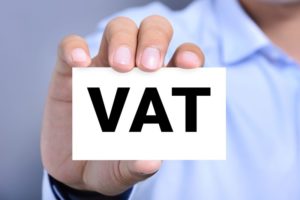Charities pay VAT on all standard-rated goods and services they buy from VAT-registered businesses. They pay VAT at a reduced rate (5%) or the ‘zero rate’ on some goods and services.
Charities pays 5% VAT on fuel and power if they’re for:
- residential accommodation (for example, a children’s home or care home for the elderly),
- charitable non-business activities (for example, free daycare for the disabled),
- small-scale use (up to 1,000 kilowatt hours of electricity a month or a delivery of 2,300 litres of gas oil).
If less than 60% of the fuel and power is for something that qualifies, charities pay the reduced rate of VAT on the qualifying part and the standard rate (20%) on the rest.
Qualifying fuel and power include gases, electricity, oils and solid fuels (such as coal). It does not include vehicle fuel.
Certain costs may qualify for the zero VAT rate. For example:
- advertising and items for collecting donations,
- aids for disabled people,
- construction services,
- drugs and chemicals,
- equipment for making ‘talking’ books and newspapers,
- lifeboats and associated equipment, including fuel,
- medicine or ingredients for medicine,
- resuscitation training models,
- medical, veterinary and scientific equipment,
- ambulances,
- goods for disabled people,
- motor vehicles designed or adapted for a disability,
- rescue equipment,
- VAT-free goods from outside the EU.
Charities don’t pay VAT on goods imported from outside the EU as long as they’re benefiting people in need by providing: basic necessities, goods to be used or sold at charity events, equipment and office materials to help run charities for the benefit of needy people and goods to help deal with disasters within the EU.
Planning opportunity
Any opportunity to reduce costs – by paying VAT at less than the standard rate on specific services and supply of goods – will be welcomed by charities and is advice that practitioners can readily supply.
